AeroGenie — Your Intelligent Copilot.
Trending
Categories
Chroma and Partner Mark Long-Standing Collaboration
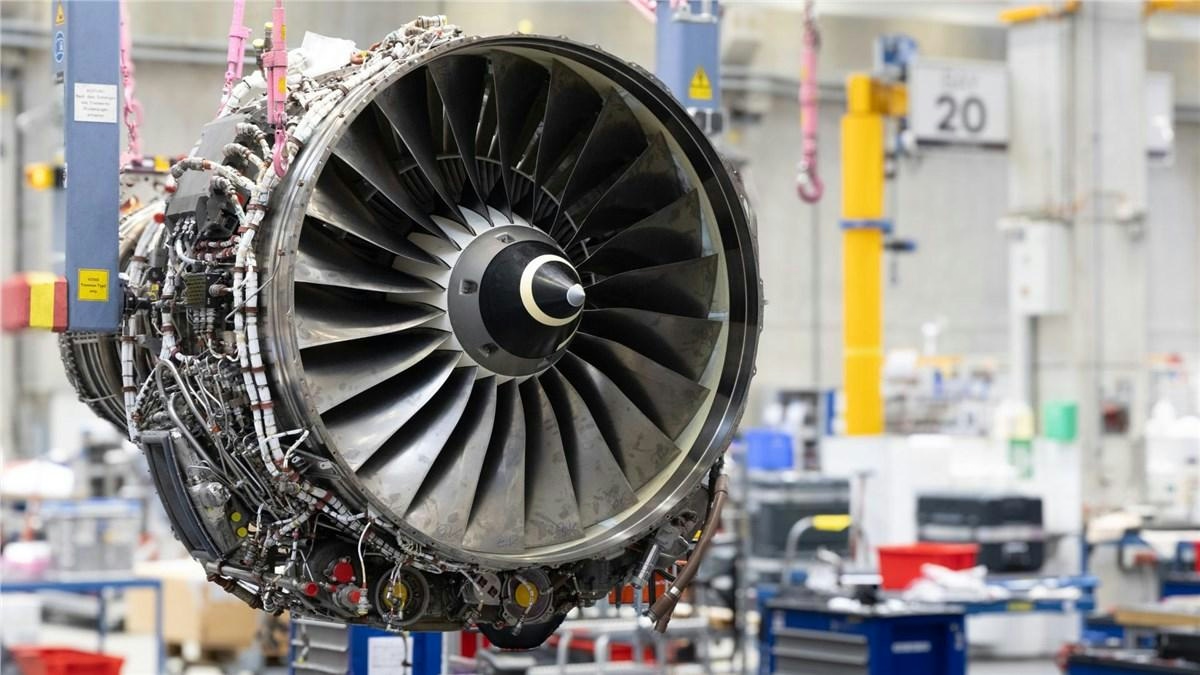
Chroma and Partner Mark Long-Standing Collaboration
Advancing Cost-Effective Solutions for V2500 SelectOne Engines
Airlines operating V2500 SelectOne engines, produced by International Aero Engines (IAE), now have access to cost-effective Parts Manufacturer Approval (PMA) components supplied by Lufthansa Technik through its enduring collaboration with Chromalloy, a prominent engine component manufacturer. Together, the two companies have developed six distinct turbine blade types for the V2500 SelectOne engine. Among these, the second stage High Pressure Turbine (HPT) blade and the seventh stage High Pressure Compressor (HPC) blade have already received certification from the Federal Aviation Administration (FAA) and have been in operational service for several months across multiple Lufthansa Group airlines.
This partnership and its future trajectory were detailed at MRO Europe in London, underscoring the increasing adoption of PMA components as a financially attractive alternative to original equipment manufacturer (OEM) parts. Although PMA components are not produced by the OEM, they are approved by aviation authorities such as the FAA and meet the same stringent safety and quality standards, ensuring equivalence in form, fit, and function. For airlines, these components represent significant cost savings without compromising safety or performance.
Operational Performance and Emerging Challenges
Lufthansa Technik has successfully installed the FAA-approved PMA blades in a double-digit number of V2500 SelectOne engines, which power the Airbus A320ceo family. These engines have collectively accumulated approximately 1,800 flight hours and over 1,100 flight cycles, demonstrating the reliability and operational viability of the PMA components in active service.
Despite these successes, the collaboration faces several operational challenges as it expands. Both Chromalloy and Lufthansa Technik must address potential yield issues associated with new manufacturing lines and the risk of underutilizing engineering resources. Furthermore, broader market dynamics present additional complexities. Financial risks, exemplified by companies such as Precision Optics Corporation—which has experienced losses and may require further funding—highlight the critical importance of financial stability in sustaining innovation and growth within the sector.
Competitive pressures are also intensifying. Recent strategic realignments, including Intel’s partnership with Nvidia, signal shifts that may prompt competitors like AMD and Qualcomm to reevaluate their strategies. These developments could reshape the competitive landscape for engine component manufacturers and maintenance providers, potentially influencing future collaborations and market opportunities.
Sustaining Collaboration Amid Industry Evolution
Despite these challenges, the Chromalloy-Lufthansa Technik partnership continues to provide tangible benefits to airlines by delivering cost-effective, certified alternatives to OEM parts. This collaboration supports the operational efficiency of V2500 SelectOne engines and exemplifies the potential of PMA components in commercial aviation. As the industry evolves, the ability to navigate operational, financial, and competitive pressures will be essential for maintaining long-term collaboration and fostering continued innovation.

Sabre Introduces New AI-Driven Platform

Photo of the Day: Special Delivery
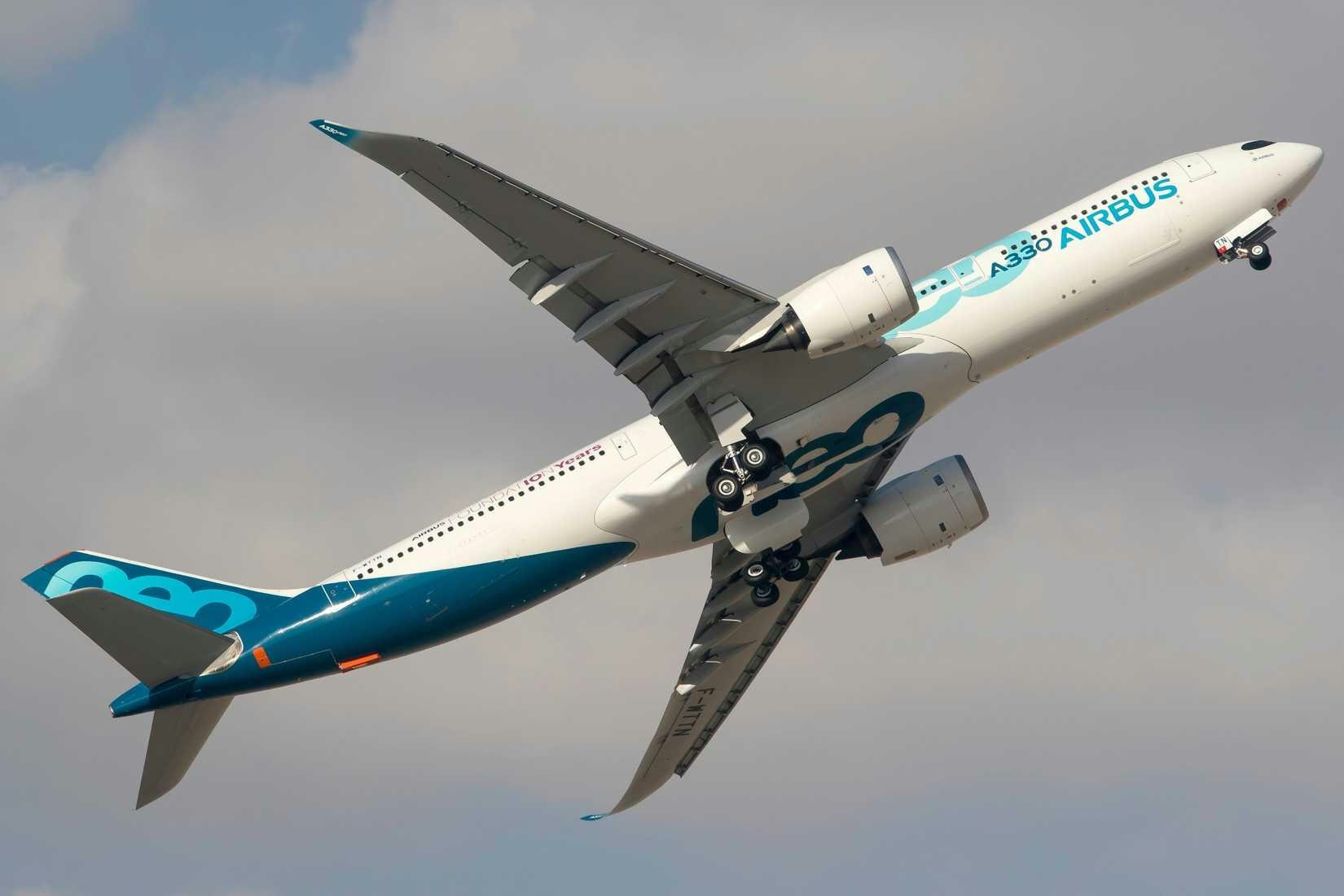
GOL CEO Confirms Possible Arrival of A330neo Widebody Aircraft
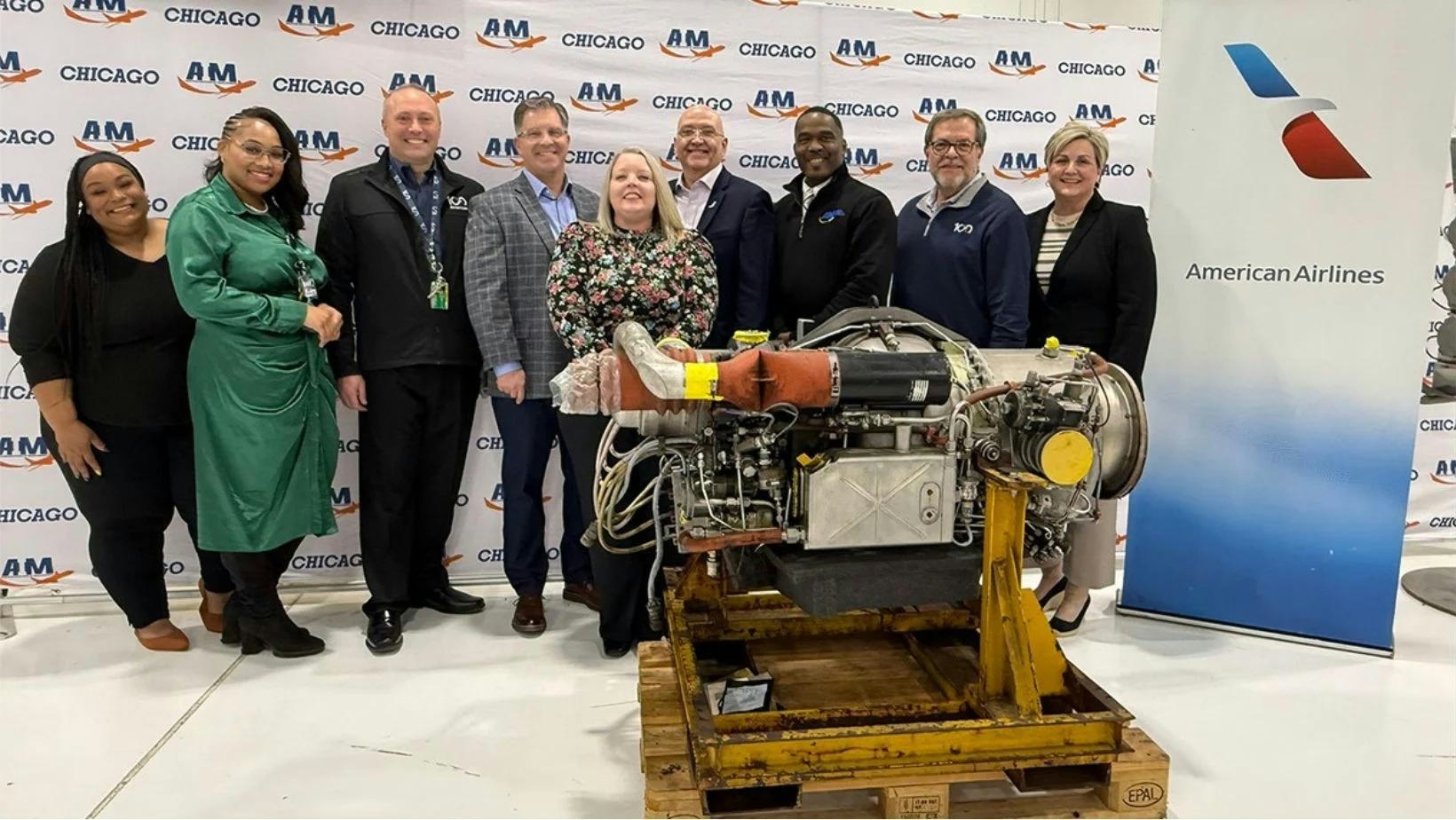
American Airlines donates APU to AIM Chicago for student training
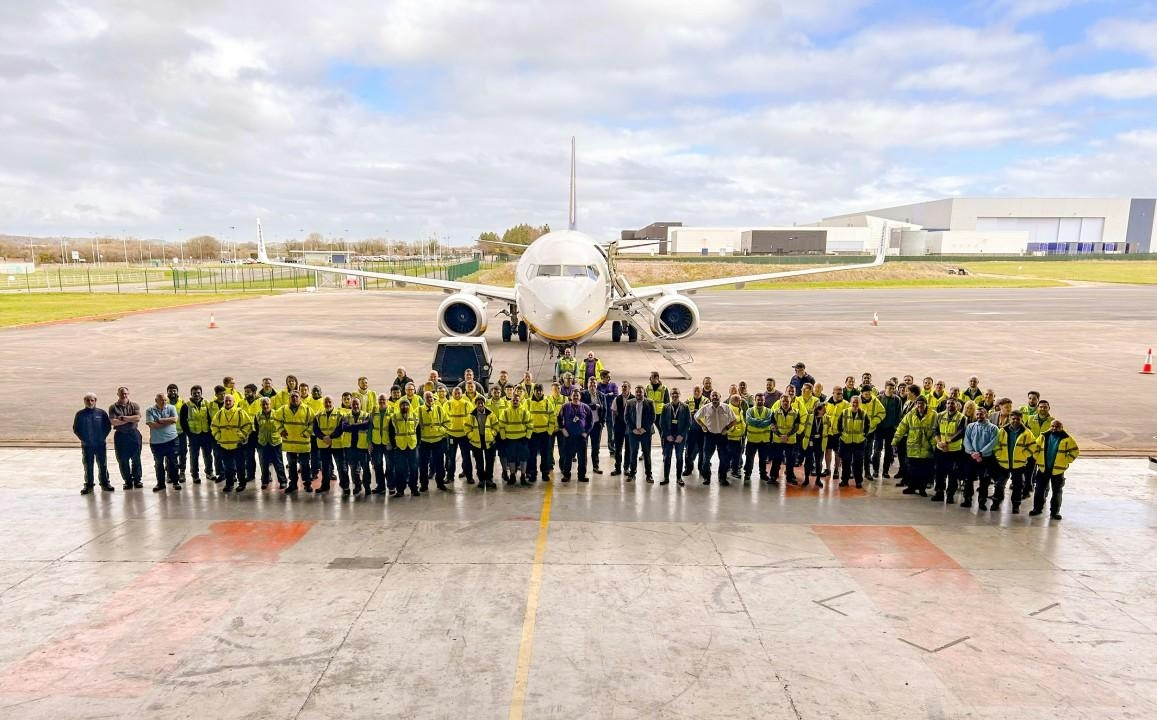
Steer Appointed Base Maintenance Manager at Caerdav
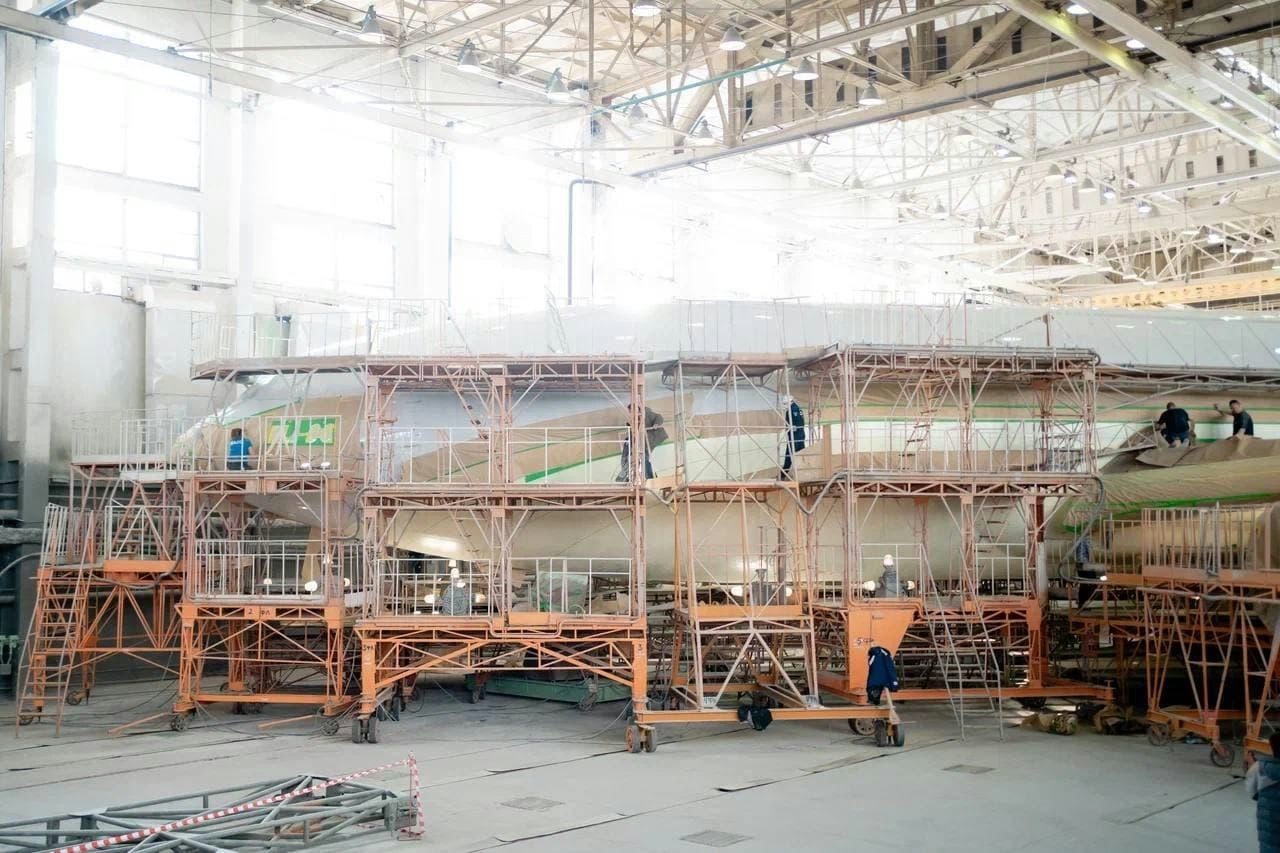
New Il-96 Wide-Body Aircraft Built in Russia; Customer Remains Undisclosed

Japan Airlines Launches JAL Innovation Fund II to Support Technology Ventures
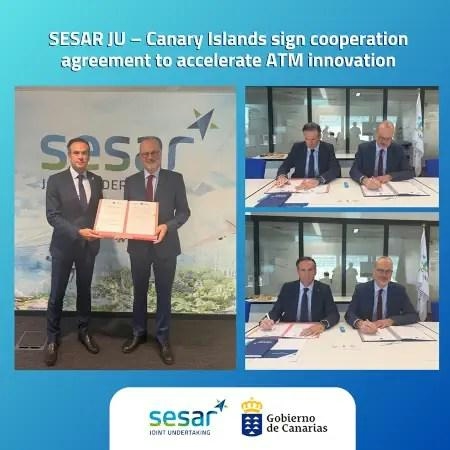
SESAR JU and Canary Islands Sign Agreement to Advance Air Traffic Management
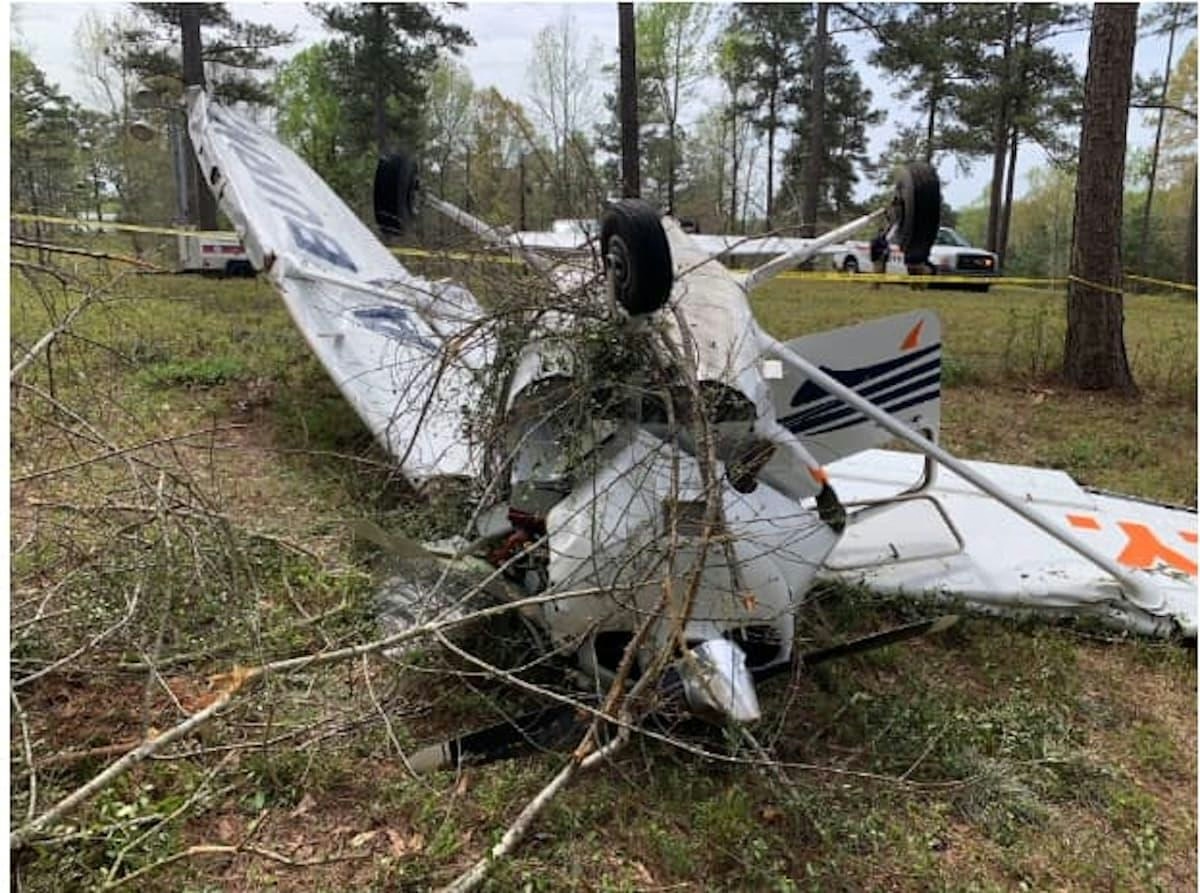
Contaminated Fuel Injector Causes Emergency Landing
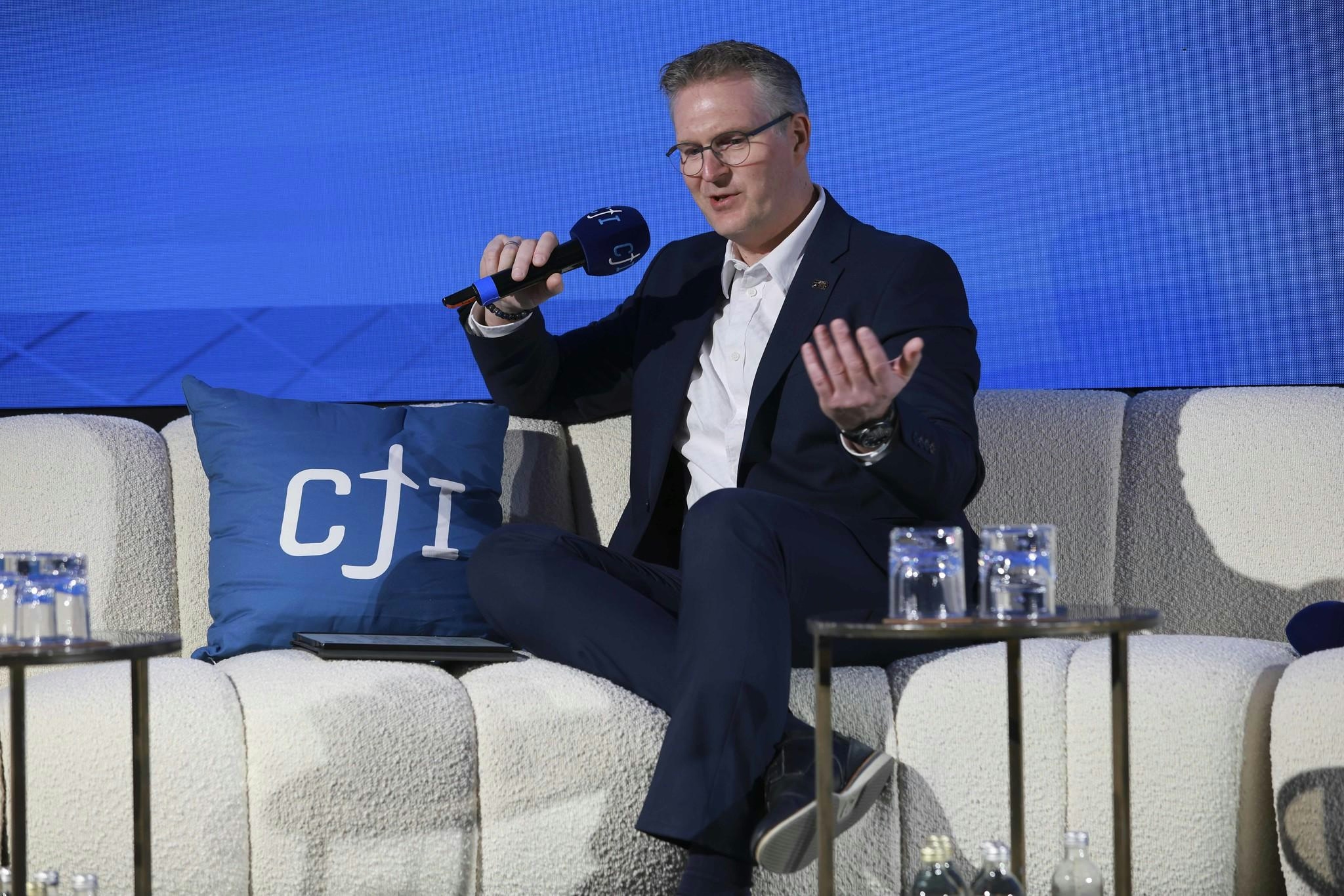
CJI London Highlights Textron’s Commitment to Innovation
